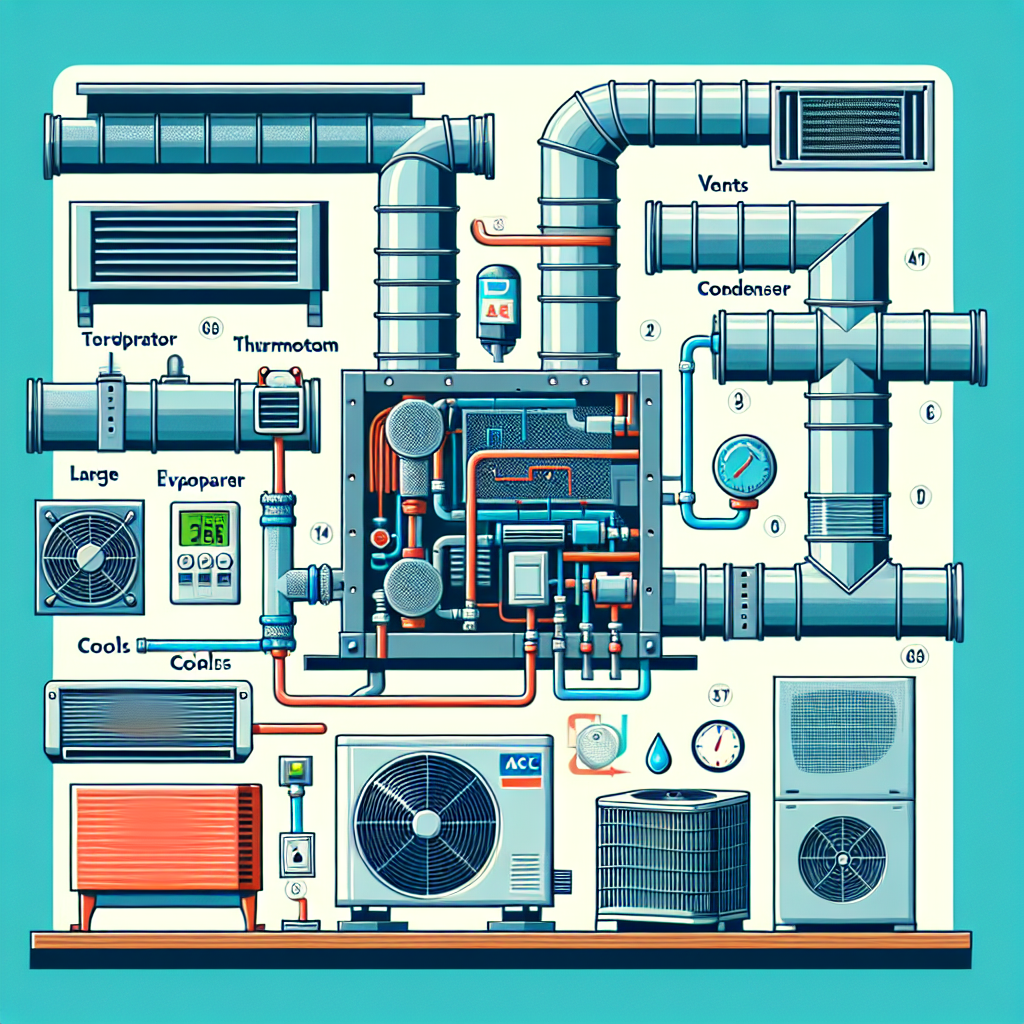When it comes to keeping your home or office comfortable, air conditioning is a must-have. But understanding the basics of HVAC systems can help you make informed decisions when it comes to maintenance, repairs, and upgrades.
HVAC stands for heating, ventilation, and air conditioning, and it refers to the system that regulates the temperature and air quality in a space. The main components of an HVAC system include the air conditioner, furnace or heat pump, ductwork, and thermostat.
The air conditioner is responsible for cooling the air in your space, while the furnace or heat pump provides heat during the colder months. The ductwork distributes the conditioned air throughout the space, and the thermostat controls the temperature settings.
There are different types of air conditioning systems, including central air conditioning, ductless mini-split systems, and window units. Central air conditioning is the most common type, where the air is cooled in a central unit and then distributed throughout the space via ductwork. Ductless mini-split systems are great for smaller spaces or for homes that do not have ductwork. Window units are typically used for cooling individual rooms.
Regular maintenance is key to keeping your HVAC system running efficiently. This includes changing air filters regularly, cleaning the coils, and checking for any leaks or blockages in the ductwork. It’s also important to have your system inspected by a professional at least once a year to ensure everything is working properly.
If you notice any issues with your HVAC system, such as strange noises, uneven cooling or heating, or higher energy bills, it’s important to address them promptly. Ignoring these problems can lead to more serious issues and potentially costly repairs down the line.
Understanding the basics of HVAC systems can help you make informed decisions when it comes to your air conditioning needs. By taking care of your system and addressing any issues promptly, you can keep your space comfortable year-round.


Leave a Reply